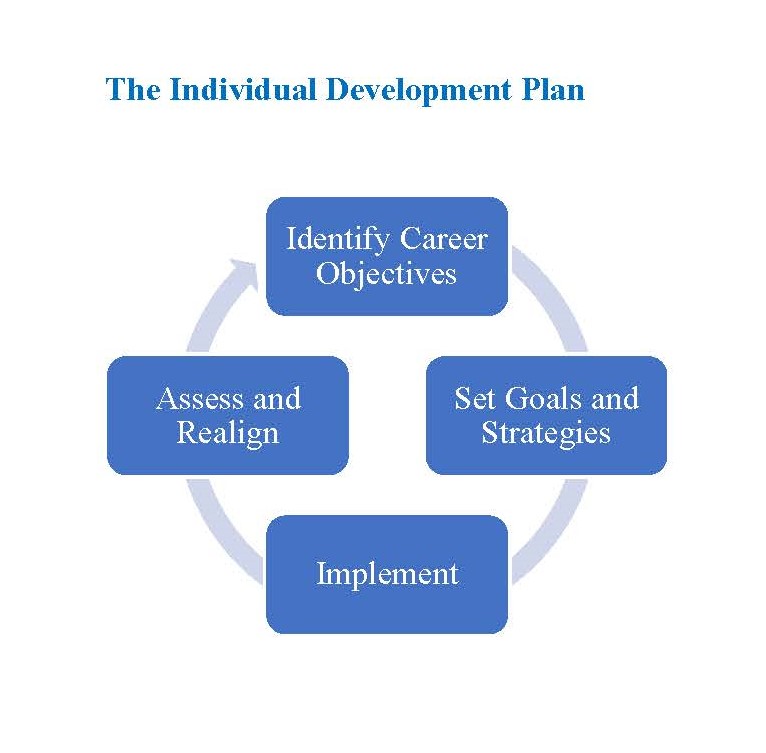
The following information was taken from the Council of Graduate Schools 2022 Global Summit on Graduate Education in Cairo, Egypt. The full pdf can be found here.
Principles of Effective Mentorship
Mentorship is most effective when it:
- focuses on the "whole" student, making room for each student's scholarly and career aspirations.
- is viewed as a collaborative process between student and mentor, where each has a role to play.
- respects the student's need to maintain positive mental health and well-being, and the need to balance the demands of research with personal interests and commitments.
- allows students to take intellectual risks and develop new scholarly paradigms and products.
- encourages students to use scholarly paradigms and methods to generate new knowledge for public benefit.
Practical Actions for Both Parties
| Mentors... | Mentees... |
|---|---|
| Commit to using practices of self-reflection and personal development, both to model this concept to mentees and to improve ones own mentoring practices. | Recognize agency and personal responsibility for the mentoring process. |
| Develop and communicate transparent expectations and encourage mentees to clearly communicate their own learning and career goals. The Individual Develpment Plan (IDP) contract assists with making expectations transparent. | Participate in developing shared expectations through IDPs and mentorship contracts. |
| Encourage all students to prepare for careers inside and outside the university by developing both a CV and a resume. | Seek out career and professional development resources offered by the program or institution throughout their time as a mentee. |
| Encourage and support advisees in seeking out mentors outside the primary mentoring relationship, such as peers, employers, and other faculty. | Seek out mentors outside the primary mentoring relationships, such as peers, employers, and other faculty. |
| Help mentees understand that developing relationships with a range of trusted advisors is a skill that will help them achieve greater independence and develop a lifelong skill in relationship building. | Be proactive in seeking out available opportunities, not waiting until the end of a program. |
Guidelines for Effective Graduate Student-Faculty Mentorship
